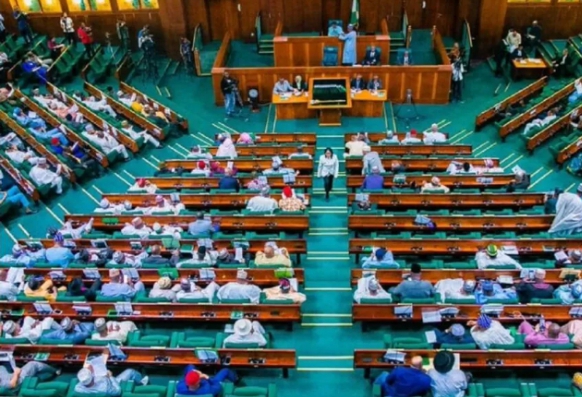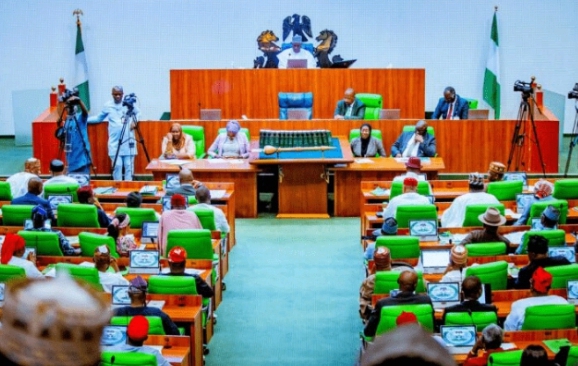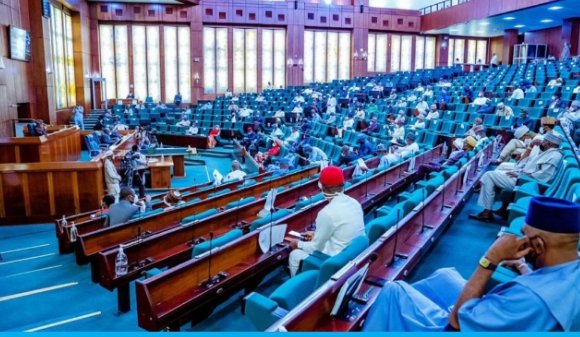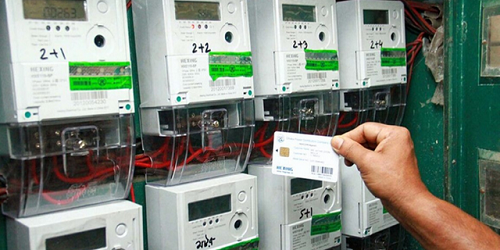House Committee Proposes Green Tax on Plastic Manufacturing to Combat Environmental Crisis
Nigeria’s House of Representatives is taking decisive action against plastic pollution with a proposed green tax targeting manufacturers of polypropylene, the primary component in plastic production.
During the inaugural meeting of the Ad-hoc Committee on Preparedness for the Ban on Single-Use Plastics in Abuja on Tuesday, Committee Chairman Hon. Terseer Ugbor (APC, Benue) unveiled plans to implement comprehensive regulations on plastic manufacturing and expand recycling initiatives nationwide.
The proposal comes as Nigeria grapples with mounting environmental challenges, with the country ranking among the world’s top 20 marine plastic polluters. Current statistics reveal that Nigeria generates over 2.5 million tonnes of plastic waste annually, with less than 10 percent being recycled, according to World Bank and UN Environment Programme (UNEP) data.
“The environmental footprint of polypropylene is both alarming and far-reaching,” Ugbor stated, highlighting concerns about hazardous emissions including formaldehyde and benzene during production. He emphasized that these materials can persist in the environment for up to 500 years, causing widespread ecological damage.
The committee plans to partner with the Federal Ministry of Environment and NESREA (National Environmental Standards and Regulations Enforcement Agency) to develop effective policy frameworks for the proposed tax system and improve national recycling infrastructure.
Major urban areas including Lagos, Abuja, and Port Harcourt are experiencing severe impacts from plastic pollution, with clogged drainage systems contributing to flooding and water contamination. Environmental experts point to serious consequences of improper plastic disposal, including soil degradation and air pollution from burning waste.
The limited presence of large-scale recycling operations and lack of cohesive national policies have hindered progress in sustainable waste management. To address these challenges, the committee will organize public consultations with industry stakeholders, including manufacturers, recyclers, and environmental specialists.
“Nigeria cannot continue to turn a blind eye to the environmental devastation caused by unchecked industrial practices,” Ugbor warned, emphasizing that the initiative extends beyond taxation to promote environmental stewardship and sustainable practices.
The proposed measures are expected to stimulate private investment in recycling infrastructure while aligning Nigeria’s environmental policies with international climate commitments. The committee aims to establish a fair and transparent regulatory framework that will effectively address the nation’s growing plastic pollution crisis while ensuring industry accountability.







Leave a Comment